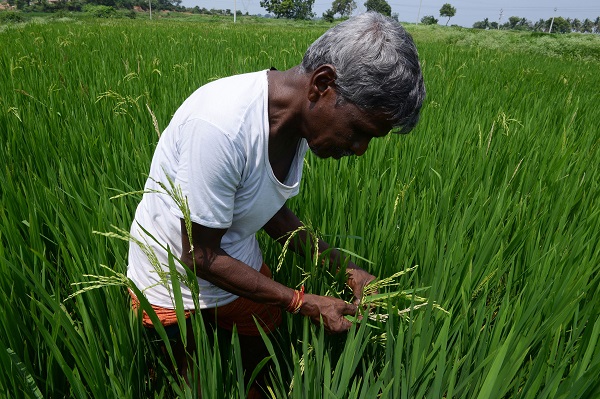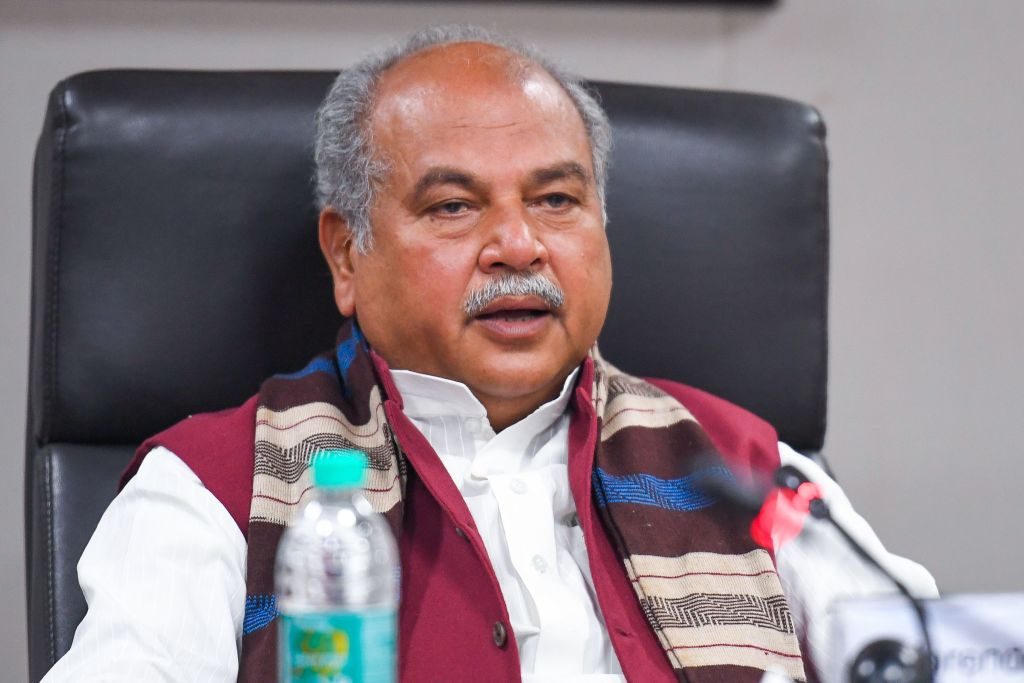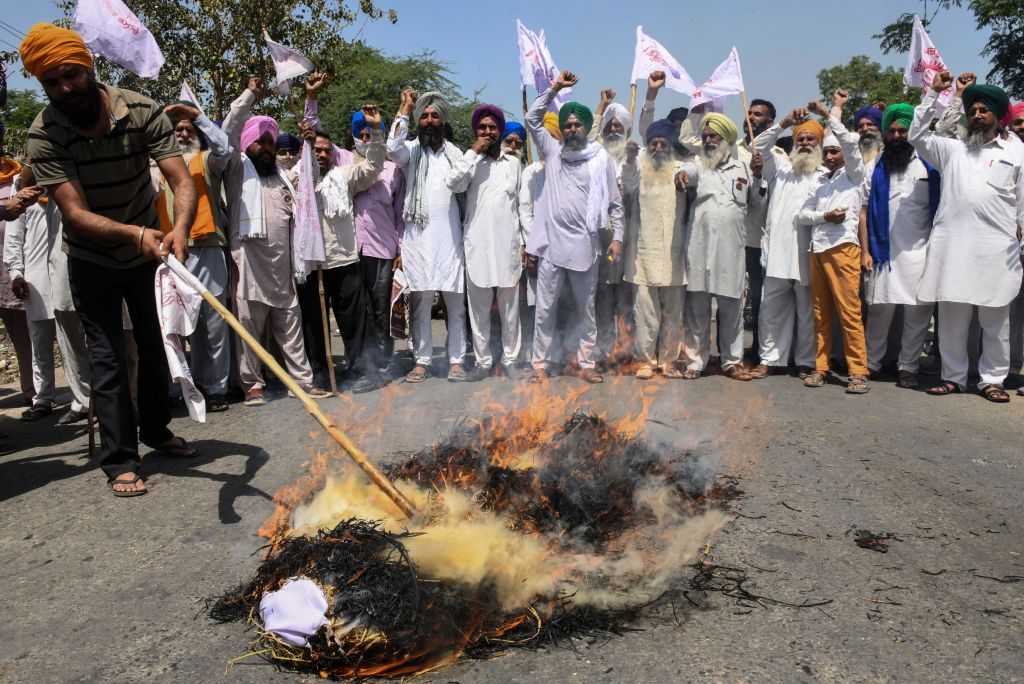- Tuesday, April 01, 2025

By: Shubham Ghosh
Shubham Ghosh
AS a large section of India’s farmers continue with their protests against some of the Narendra Modi government’s new farm laws, the central authorities have decided to increase the price to buy new-season common rice varieties from local farmers by 3.9 percent.
It is believed that the hike in the prices could encourage the farmers to increase the area under the grain and will force the government to buy more rice from them, boosting supplies even though it will put pressure on the government’s stretched budget. The decision could also limit shipments of rice from the world’s biggest exporter of the grain and lift food inflation.
In a news conference on Wednesday (9), Central Agriculture Minister Narendra Singh Tomar said the government has fixed the support price for common grades of paddy rice at 1,940 rupees ($26.59) per 100 kilograms. The government has also said that the minimum support prices (MSPs) for most crops annually to set a benchmark, although state agencies generally buy only limited quantities of staples other than rice and wheat because of factors like lack of storage and fund shortage. Market prices for many crops generally run well below the MSPs.

According to B V Krishna Rao, the president of the Rice Exporters Association of India, the hike in the price would increase the gap between the rice MSP and market price and push the government to buy more produce from the farmers. “Farmers sell to whoever pays them a higher price. Since open market prices are lower, they would prefer to sell to government agencies,” Rao told Reuters.
Tomar said India has brought a record 81.3 million tonnes of paddy rice from farmers. A year ago, it was 73.6 million tonnes.
Decision linked to 2022 UP election?
It is also believed that the decision is also linked with the crucial election in Uttar Pradesh, one of India’s top rice producers, early next year. A Mumbai-based dealer with a global trading firm said despite knowing that it has to spend more on food-grain purchases, the government has made the move to please the agitating farmers ahead of the UP polls.

Modi’s Bharatiya Janata Party (BJP), which rules at the Centre, is also in power in UP.
Thousands of farmers, particularly from northern India, have based themselves on major national highways for more than six months now, demanding the government to repeal three new agricultural laws that they allege threaten their livelihoods.
Tomar on Wednesday also said that the government is ready to resume dialogue to resolve the farmers’ objections to the farm laws but a BJP minister from another northern state of Haryana said the farmers had a hidden agenda in their protest.